Most of us like to think of ourselves as fair, open-minded people who are not prejudiced or discriminatory in any way. But the truth is, we all carry hidden prejudices – unconscious biases that subtly shape the way we see and interact with the world. These biases are not a reflection of bad intentions but rather a product of our upbringing, experiences, and the cultural norms we have been exposed to over time. However, it may now be time to overcome unconscious bias.
If you’re committed to self-improvement and personal growth, recognising and addressing these biases is a powerful way to expand your understanding of the world, create more meaningful relationships, and develop a more inclusive and compassionate mindset. If you are more spiritually driven, then getting rid of your unconscious biases can also help you learn to love everyone and everything more unconditionally.

What are hidden prejudices?
Hidden prejudices and unconscious biases are the automatic judgments and stereotypes that influence our thoughts and behaviours without us realising them. They are ‘unconscious’ after all. We all have them and they can manifest in everyday situations, such as:
- Assuming certain jobs or roles suit one gender more than another
- Believing that people from different cultural backgrounds fit specific stereotypes
- Judging someone’s abilities based on their age, appearance, or accent
- Feeling more comfortable around people who look, think, or act like you
While these assumptions may seem harmless, they can create barriers to creating a genuine connection with other people, and limit our personal and professional growth. They can also give us a sense of superiority or elitism as we secretly look down on other groups, ideas or practices.
How hidden biases shape our view of the world
Our hidden biases influence everything – from the way we perceive others to the decisions we make. Some common ways biases impact our daily lives include:
- Relationships: Biases can affect how we interact with family, friends, colleagues, and strangers. They may cause us to gravitate toward certain people while unintentionally excluding others
- Opportunities: Biases may lead us to overlook people’s potential or underestimate their abilities, preventing us from recognising opportunities for collaboration, learning, and growth
- Self-perception: Just as we hold biases toward others, we may also have internalised biases about ourselves, limiting what we believe we can achieve. These are some of the most destructive unconscious biases because they tell us we are not good enough, or that we shouldn’t aim for a goal because we’re not meant to succeed, or we just don’t have what it takes
By acknowledging these biases, we can take control of how they shape our lives and actively work to create more inclusive and fairer perspectives.
Unconscious bias and NLP
In Neurolinguistic Programming (NLP), we talk about people having their own personal Model of the World which affects the way we perceive the world around us. We all do this differently due to our values and beliefs, and the way we have been ‘programmed’ since birth to feel and think. We all delete, distort and generalise sensory information we experience due to this programming, and this affects the way we then think, react and behave.
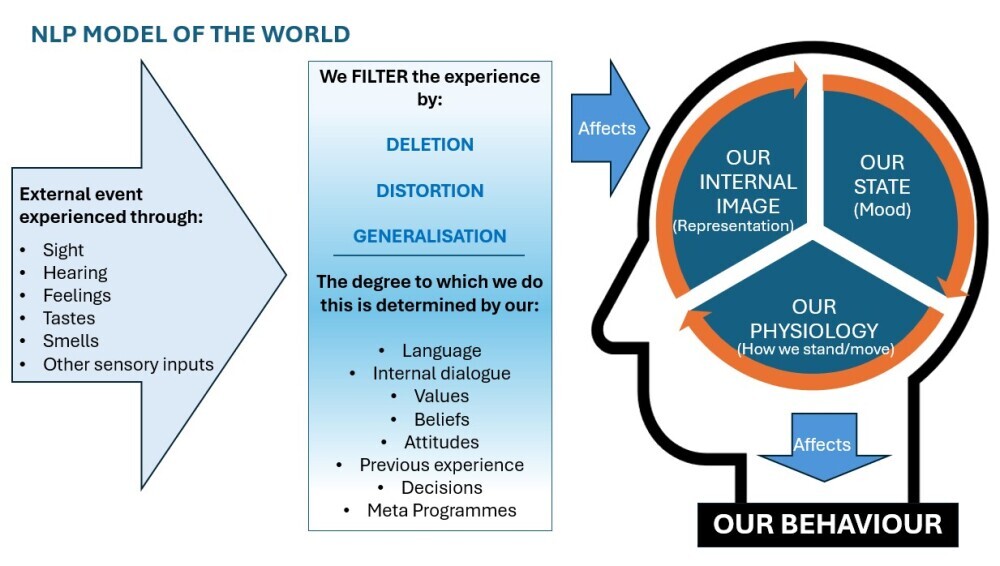 These processes result in our unconscious or hidden biases towards people, places, events or things.
These processes result in our unconscious or hidden biases towards people, places, events or things.
Steps to identify and overcome unconscious bias
1. Ask yourself some difficult questions
Self-awareness is the foundation of any kind of change and becoming more aware of the way you think and why you think it, is always the first step. Take time to reflect on your thoughts and interactions. Ask yourself:
- Do I make assumptions about people before I get to know them? For example, What do I really think about teenagers who wear hoodies, or people who go/don’t go to church?
- Do I feel uncomfortable around certain groups of people? Why?
- How do I feel when I am treated by a junior doctor who does not from my gender or ethnicity?
- What would I instantly feel about someone who told me they had no qualifications or that they had many qualifications?
- Who do I secretly hope will move in next door if the current neighbours move out?
- Have I ever judged someone based on a stereotype rather than their individual character?
- What do I feel about people who show prejudice?
- Am I prejudiced against people who show prejudice?
These questions can be uncomfortable to ask and there may be people who will be annoyed that I even pose them. However, if you don’t know what your true and honest thoughts and beliefs are, you have no hope of changing them.
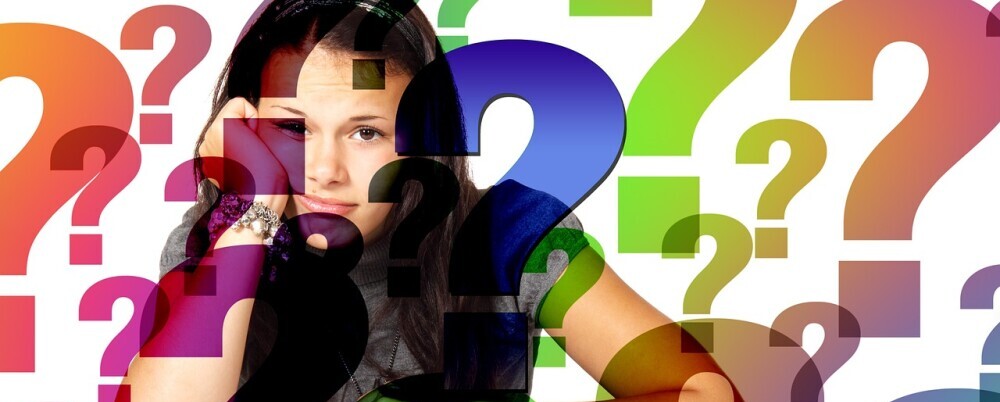
2. Take a test
To take it a step further, consider taking an Implicit Association Test (IAT), such as the one developed by Harvard University, to uncover unconscious biases you may not be aware of. It’s free and very eye-opening and I urge everyone to participate.
3. Expose yourself to different perspectives
Breaking out of your comfort zone and engaging with diverse and different perspectives is one of the most effective ways to challenge your biases. You can do this by:
- Reading books, articles, and watching documentaries from diverse voices
- Travelling to new places and immersing yourself in different cultures
- Following social media accounts of people from different backgrounds
- Seeking conversations with people who have different life experiences
When you do this, try to have an open mind and question why you may agree or disagree with some of the perspectives given. I’m not advocating that we should all agree on everything or have the same opinions, far from it. What a boring world that would be. But DO QUESTION where the beliefs you have come from, and whether they are a true reflection of your own experiences or not.
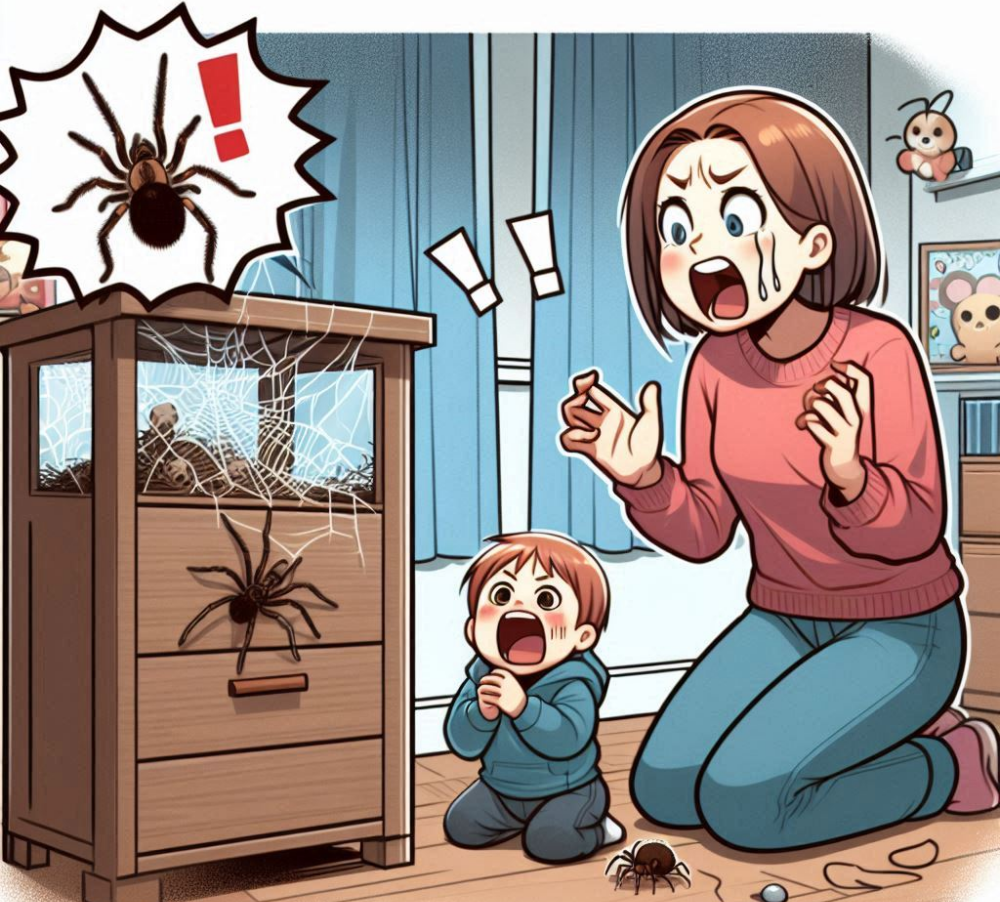
3. Challenge stereotypes in your thinking
When you catch yourself making assumptions, pause and ask:
- Is this belief based on facts or just a stereotype?
- Where did I learn this assumption or who did I learn it from?
- How would I feel if someone made this assumption about me?
By questioning your automatic thoughts, you can start replacing them with more open-minded and accurate perspectives.
4. Practice inclusive language and behaviour
The words we use shape our thoughts and perceptions. Try to:
- Avoid using generalisations (e.g., “All men are…” or “People from that country always…”) Instead, be more specific with your language and consider all the possibilities
- Use language that respects all identities and experiences, avoiding grouping different ethnicities into one big group
- Encourage diverse viewpoints in conversations rather than dismissing perspectives that challenge your own
- Use more personal language such as “I find that… ” rather than saying things as if they are definitive, e.g. “They always do that…”
5. Surround yourself with diverse people
If everyone in your circle looks, thinks, and acts like you, your biases will likely go unchallenged. Actively seek out opportunities to build relationships with people from different backgrounds, whether through work, community groups, or social activities.
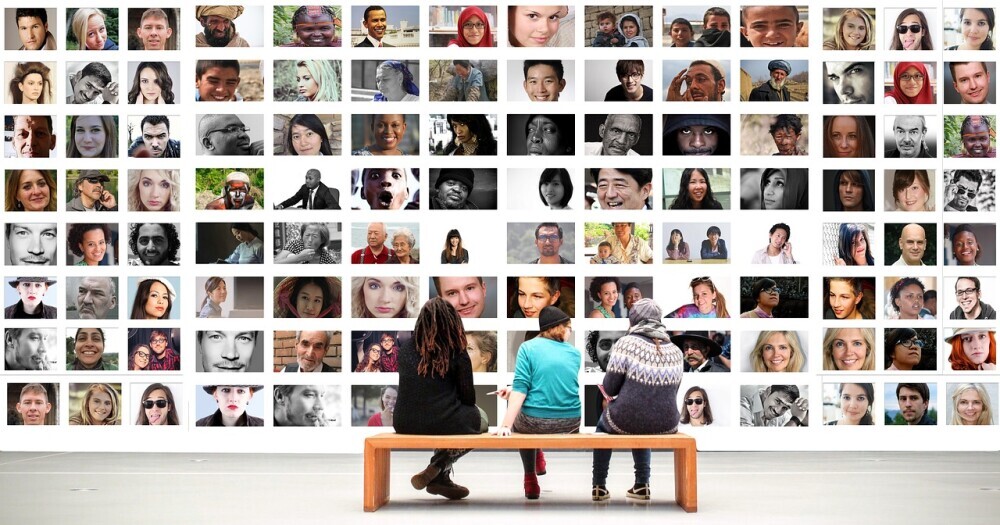
6. Hold yourself accountable
Recognising and overcoming hidden prejudices is an ongoing process and it will not always be an easy one. You may come up against things you don’t like or that make you feel regretful or disappointed in yourself. One of the most transformative points in my own journey of self-discovery was when I realised that I was being very vocal about people who held prejudices. I would say how terrible they were and how they needed to change. Someone else pointed out to me that I was displaying a very prejudiced attitude myself and it stopped me in my tracks. I had to acknowledge that I was in fact, prejudiced against prejudiced people and that included me. So that needed quite a lot of inner work to dispel that!
Hold yourself accountable by:
- Engaging in regular self-reflection
- Encouraging open discussions about bias with others
- Being open to feedback when someone points out a biased assumption you may have made
- Write a journal to record your thoughts and progress
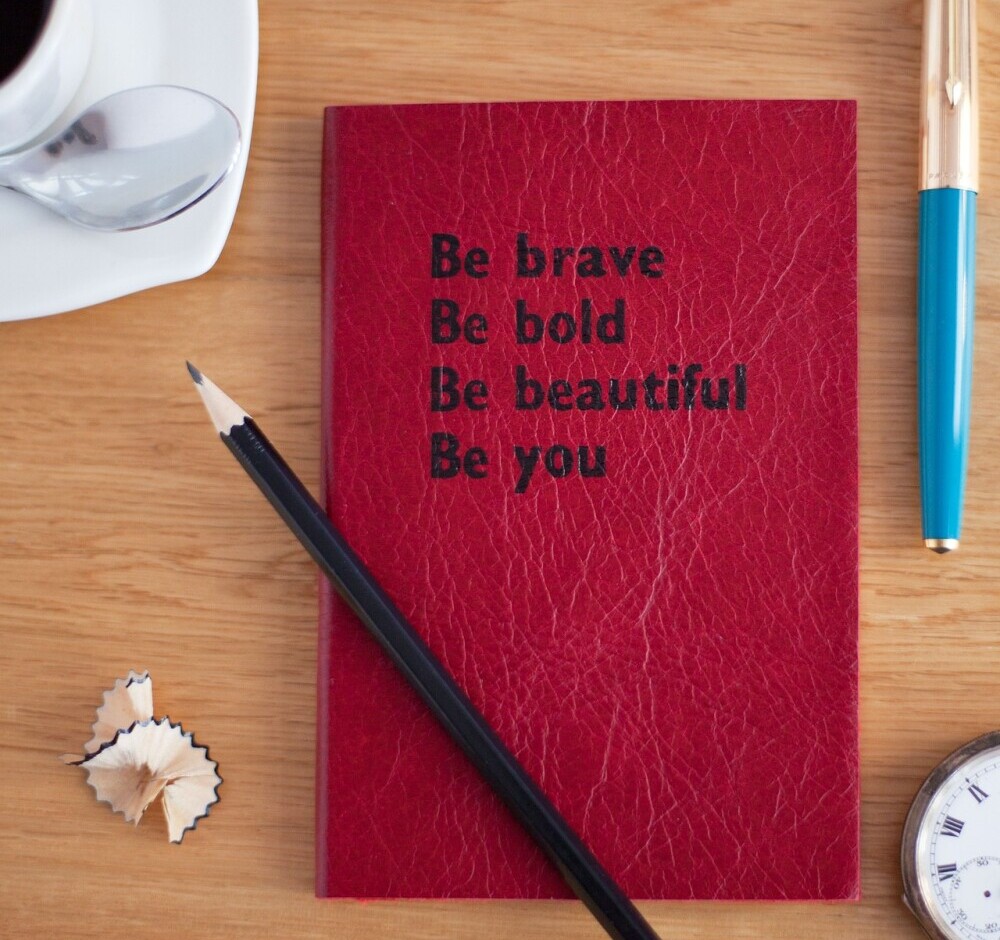
Cultivating a more open mindset
The journey to overcoming hidden prejudices isn’t about guilt or blame – it’s about growth. We are all human; we are all doing the best we can with the information we have at the time. But when you get new information, use that wisely and change what you are doing based on this new information.
By becoming more aware of the unconscious biases that shape our worldview, we empower ourselves to build deeper connections, make fairer decisions, and create a more inclusive and understanding world, not just in the external world, but in our own inner world and our relationship with ourselves. This is arguably, the most important relationship we have anyway.
Personal development is a lifelong process, and confronting our biases is an essential step towards becoming more compassionate, open-minded individuals. Start today by taking a moment to reflect on your assumptions, seek out new perspectives, and commit to continuous learning for the betterment of your own soul and the world around you.
What you do to your brother or sister, you do to yourself, since in reality, we are all ONE.
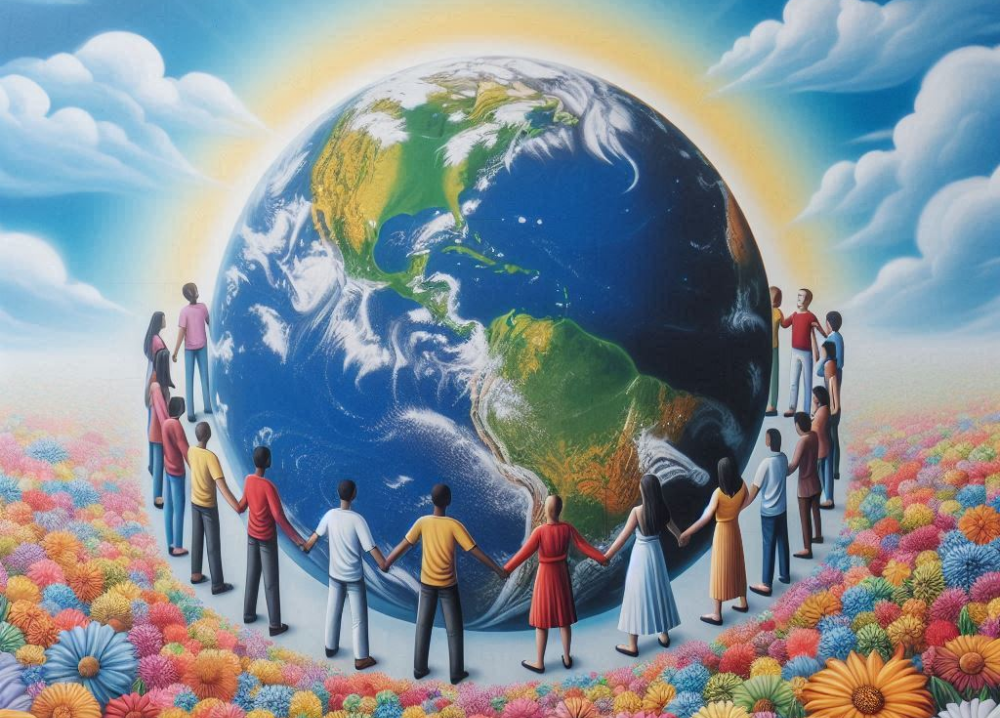
Related posts
The problem with the Law of Attraction and the Law of Attraction and Problems
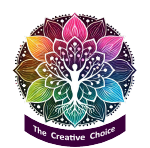
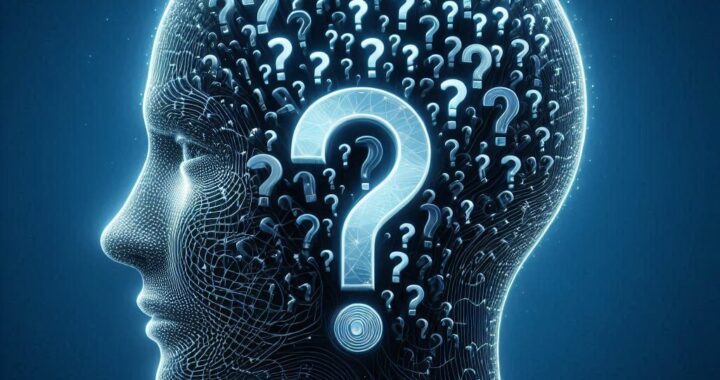
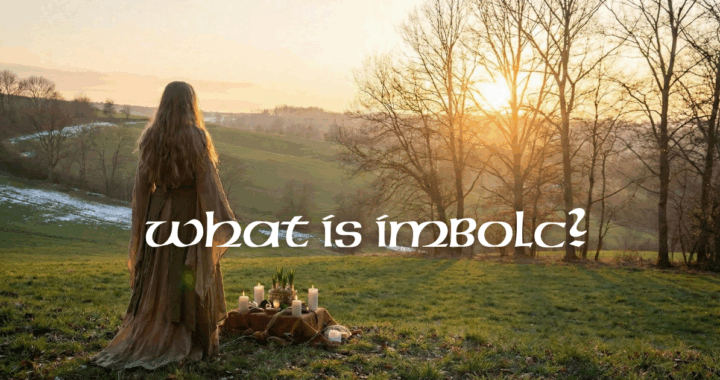
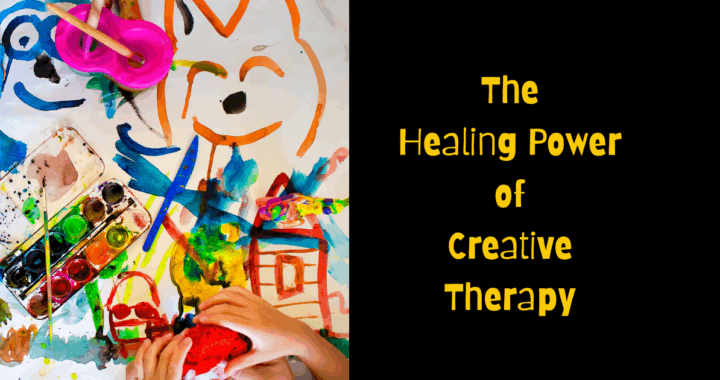
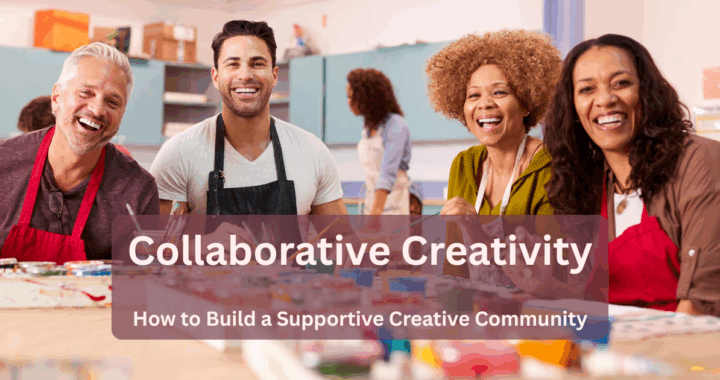
Thank you so much for this thought-provoking article on unconscious bias. I have a few questions on the topic.
1. Can we ever truly eliminate unconscious bias, or is it more realistic to focus on managing and minimizing its impact?
2. How do you think your own upbringing and cultural background have shaped your hidden biases, and what steps can you take to challenge them?
3. Is it possible to hold unconscious biases without them negatively influencing our behavior, or do they always manifest in some way?
4. How does the concept of being ‘prejudiced against prejudiced people’ reflect the paradox of unconscious bias, and how can we address it without becoming hypocritical?
5. In what ways can organizations and institutions implement practical strategies to reduce the effects of unconscious bias in decision-making and everyday interactions?
Hi Iris. Thanks for your thoughtful questions on this topic. They are very valid and a useful addition to the discussion.
1. I don’t personally think that as humans, we will ever eliminate unconscious bias on Earth as I think it sometimes serves a purpose to give people contrast in their lives which allows them the opportunity to grow as a soul by overcoming adversity. This is quite a spiritual standpoint which supports the idea that all things on Earth are happening for a reason and that the universe has a plan for everything. The problem is that we humans don’t always see and appreciate these moments as the catalysts for growth that they are. Even if we can’t eliminate them, we can learn to appreciate them, which is really another mindset to practice too.
2/3. I am aware of some very strong unconscious biases that I picked up from my parents, a lot to do with working and money, though not all things that I would consider negative. This really ties into your third question too as I believe I have a lot of things that have led me to have positive biases about a lot of things. My father always worked for himself for example and all three of his daughters have struggled to settle in mainstream jobs, preferring the freedom we perceive comes with self-employment. I have also had to work on my attitude towards money because the ‘money doesn’t grow on trees’ was very strong at that time.
4. I love this question because it was, as I said, a real eye-opener for me and something I continue to work on. My goal nowadays is to try to view everything that I can through the lens of unconditional love or Source Energy. I have a long way to go to achieve this but I do what I can and I’m conscious that this is my goal. I don’t chastise myself if I fall short of this, (which I do a lot) but I try. For me, this one is about being truly honest about the thoughts you have and try to respond rather than react to things. One thing I often ask myself is, “What would LOVE do in this situation?” That brings up some interesting answers which challenge a lot of what we accept as societal norms! 🙂
5. I think that it’s good if organisations can tackle unconscious bias, and one way to do this is through rethinking their recruitment processes since this is often where people feel it comes into play a lot. Encouraging people to take the test, being open about talking about bias (without judgment) and doing simple things like anonymising application forms before initial selection are just a few of the ways that can help.
I’d love to continue the discussion. What thoughts do you have on these questions?
I think we all like to think we have no prejudices, but most of us have some, even if we are not aware of them. You have given some thought-provoking ways to discover more about yourself and how prejudiced you are. I like your idea of surrounding yourself with diverse people from all walks of life, as this can help to get a better view of how you view everyone from different walks of life.
Personal development is an ongoing thing that we need to work on continuously. What is the best way to start doing this in small baby steps?
Hi Michel. Thanks for taking the time to read the article and comment on it. I appreciate your input and thoughts and agree that personal development is something that we need to do at our own pace. To answer your question, I think that the universe has its own ideas of what we need to do and I think that we need to be open to all areas. I’m a great believer in the phrase, “When the student is ready, the teacher will appear.” What I find is that people usually have some kind of problem that they want to solve – it can be a crisis even such as a broken relationship, job or health. Those are usually the situations that trigger people to start looking at themselves more closely at who they are and why they are that way. I think that there is then a higher power (our Higher Selves) that guides us to the solutions we are seeking, as long as we let them in. If people are just starting out, I often say, go into a bookshop and head to the personal development or self-help section. Look around and the shelves and see what jumps out at you. There are usually one or two things you are drawn to. Start with those, and trust that the rest will unfold in the natural order of things.
Thank you for shedding light on such an important yet often overlooked topic. It’s eye-opening to reflect on how unconscious biases can shape our perceptions and limit personal growth. I’ve noticed that actively exposing myself to diverse perspectives—through books, conversations, and travel—has helped me challenge some of my ingrained assumptions. The questions you posed are powerful tools for self-reflection. It’s not always comfortable to confront these biases, but doing so is crucial for personal development and building more authentic relationships. I’ll definitely check out the Implicit Association Test you recommended!
Hi Herman. Thanks for your kind thoughts and for taking time to respond. Love that you have a diverse group of people and perspectives surrounding you. How much better is life when it is multicoloured and multidimensional? Enjoy taking the test – it really will bring up some interesting ideas. All the best. Gail
Gail,
You emphasise starting with self-awareness, a cornerstone of effectively addressing implicit bias. Tools like the Harvard Implicit Association Test help us uncover subconscious preferences, but as the Idealist article points out, reflection alone isn’t enough, we need substitution (asking “Would I think the same if this person shared my identity?”) and individuation (seeing people as unique, not stereotypes) to truly shift behaviour. This aligns with research showing that combining visualization, verbalization, and reflection enhances awareness of hidden preferences.
This advice shines when talk about weaving bias checks into daily workflows like hiring or promotions. Instead of standalone training sessions, incorporating blind resume reviews, structured interview questions, and diverse panels creates ongoing accountability, echoing Harvard Business Review’s finding that awareness must lead to behavioural change and tracking progress to be effective. This continuous integration prevents bias from resurfacing simply out of convenience or urgency.
My takeaways from the article were;
– Start with curiosity: Regularly ask, “Why did I think that?” and pause to check assumptions.
– Use systems that guard against bias: For hiring, ensure processes are structured and anonymous wherever possible.
– Keep it ongoing: Bias isn’t a one-time fix, embed self-reflection and process audits into your culture to maintain true inclusivity.
Your framework reminds us that tackling unconscious bias isn’t just about individual insight, it’s about redesigning systems so equity becomes the everyday default.
Kind regards,
Martin
Hi Martin. Good to see you again and thanks for your insightful comments on the article. I agree with everything you have said because we need to make this something we all become aware of to change our old patterns of behaviour. It has to be more than a ‘tick-box’ exercise to please some authority or other.
Very pleased you had some great takeaways too. All the best in tackling this in your own line of work. Gail